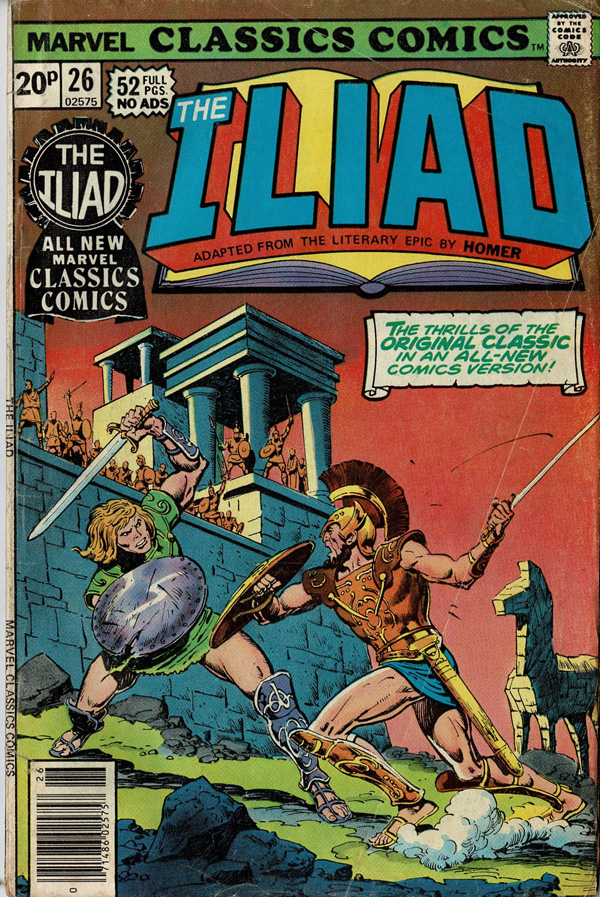
The Iliad CCS Books
The events described in the Iliad refer to the Trojan War, a semi-mythical conflict that was supposedly waged sometime between 1300 and 1100 BC. For Homer, the events of the war would have taken place long ago. The facts of the war would have been passed down through the ancient Greek oral tradition, to which the Iliad owes a great deal. Whether or not the Iliad refers to real events is still.
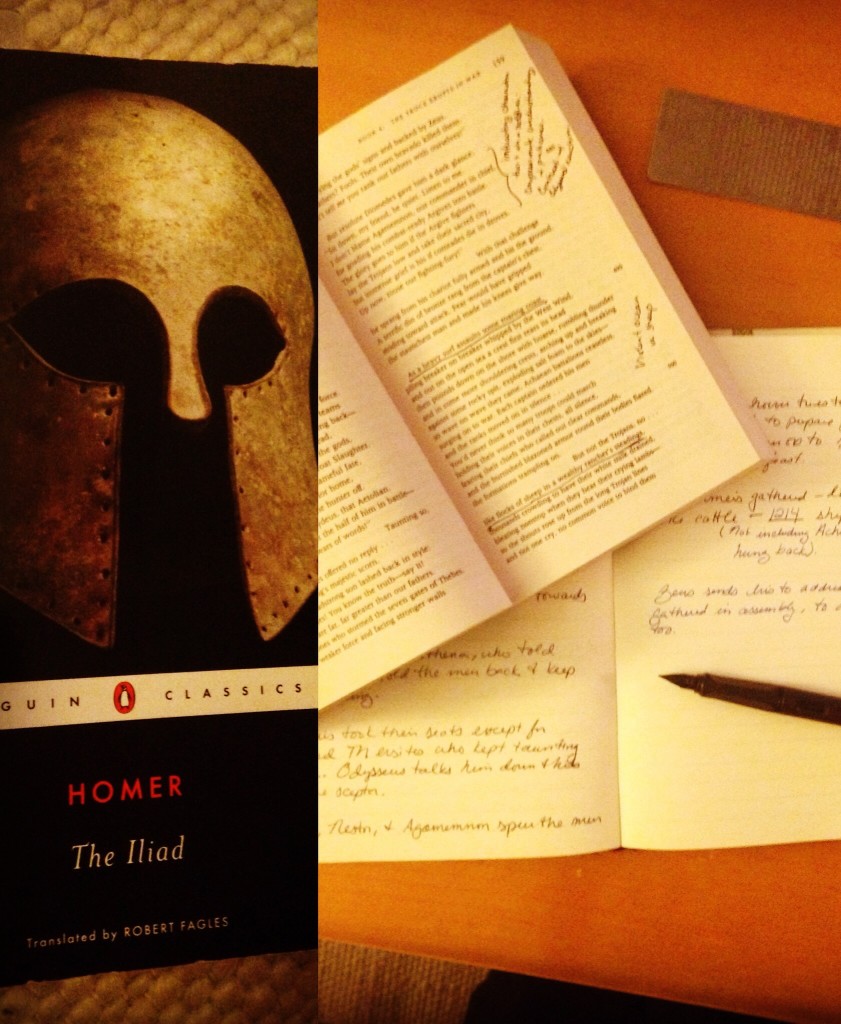
The Iliad Kenia Sedler
The Iliad By Homer Written 800 B.C.E Translated by Samuel Butler. The Iliad has been divided into the following sections: Book I [47k] Book II [63k] Book III [36k] Book IV [42k] Book V [66k] Book VI [42k] Book VII [38k] Book VIII [44k] Book IX [53k] Book X [45k] Book XI [65k] Book XII [40k] Book XIII [65k] Book XIV [43k]

The Iliad Ralph E. Blakely Macmillan
Homer, The Iliad, Scroll 1, line 1. Sing, O goddess, the anger [mênis] of Achilles son of Peleus, that brought countless ills upon the Achaeans. Many a brave soul [psukhê] did it send hurrying down to Hades, and many a hero did it yield a prey to dogs. and vultures, for so was the will of Zeus fulfilled from the day on which the son of Atreus.

The Iliad as an Oratory A Warning to a Civilization
Homer. The Iliad with an English Translation by A.T. Murray, Ph.D. in two volumes. Cambridge, MA., Harvard University Press; London, William Heinemann, Ltd. 1924. The Annenberg CPB/Project provided support for entering this text. Purchase a copy of this text (not necessarily the same edition) from Amazon.com

Iliad & Odyssey Book by Homer, Stephanie Lynn Budin, Samuel Butler
Here are the first seven lines of Homer's "Iliad":. [I am of two minds about Mr. Fagles' repetition of "rage" in his first line.] 3. The expansive similes in the opening lines are followed by others, not as successful, in the second section. 4. The overall natural setting, along with phrases, as "leaped like the roe," seem.
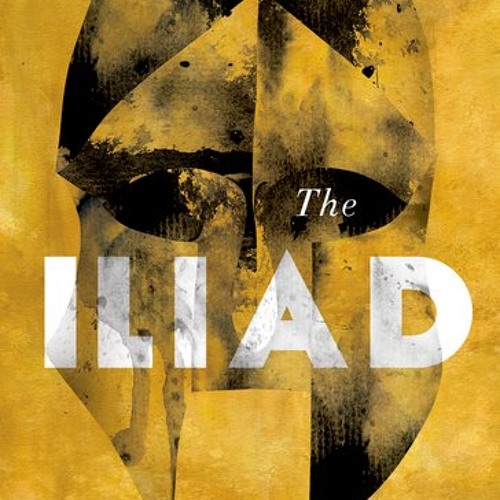
Stream The Iliad, Book I, Lines 1100, in Greek by Oxford Academic (OUP
Homer, Iliad ("Agamemnon", "Hom. Od. 9.1", "denarius") All Search Options [view abbreviations] Home Collections/Texts Perseus Catalog Research Grants Open Source About Help. Hide browse bar Your current position in the text is marked in blue. Click anywhere in the line to jump to another position: book:

The Iliad by Homer Trojan war, Greek legends, Achilles
The Iliad, Book I, Lines 1-14. Achilles' wrath, to Greece the direful spring Of woes unnumber'd, heavenly goddess, sing! That wrath which hurl'd to Pluto's gloomy reign The souls of mighty chiefs untimely slain; Whose limbs unburied on the naked shore, Devouring dogs and hungry vultures tore.

The Iliad of Homer by Homer and Richard Martin Book Read Online
The Iliad. Anger, Strife, Alienation, and Reconciliation. The main theme of the Iliad is stated in the first line, as Homer asks the Muse to sing of the "wrath of Achilles." This wrath, all its permutations, transformations, influences, and consequences, makes up the themes of the Iliad. In essence, the wrath of Achilles allows Homer to present.
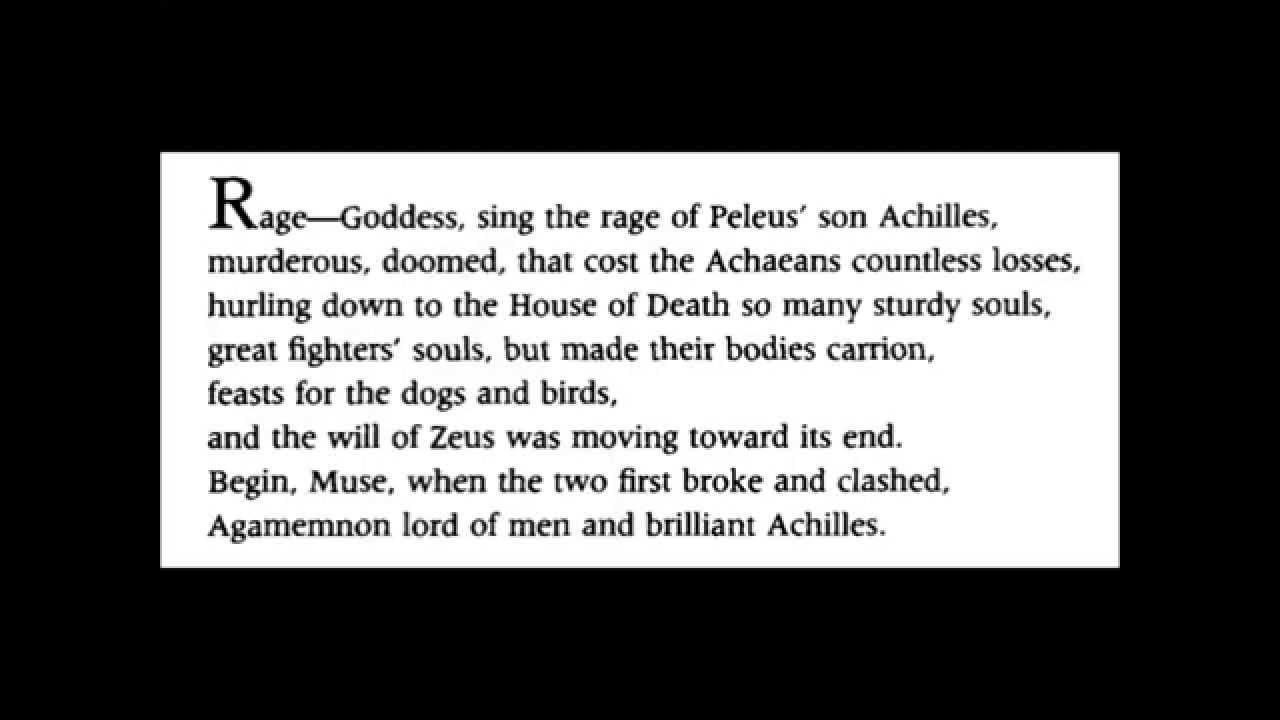
The Homeric Question Charlotte Catallo Tutoring
The Iliad is an Ancient Greek epic poem by Homer that was first published around 762 BCE. Summary Read one-minute Sparklet summaries, the detailed book-by-book Summary & Analysis, the Full Poem Summary, or the Full Poem Analysis of The Iliad .
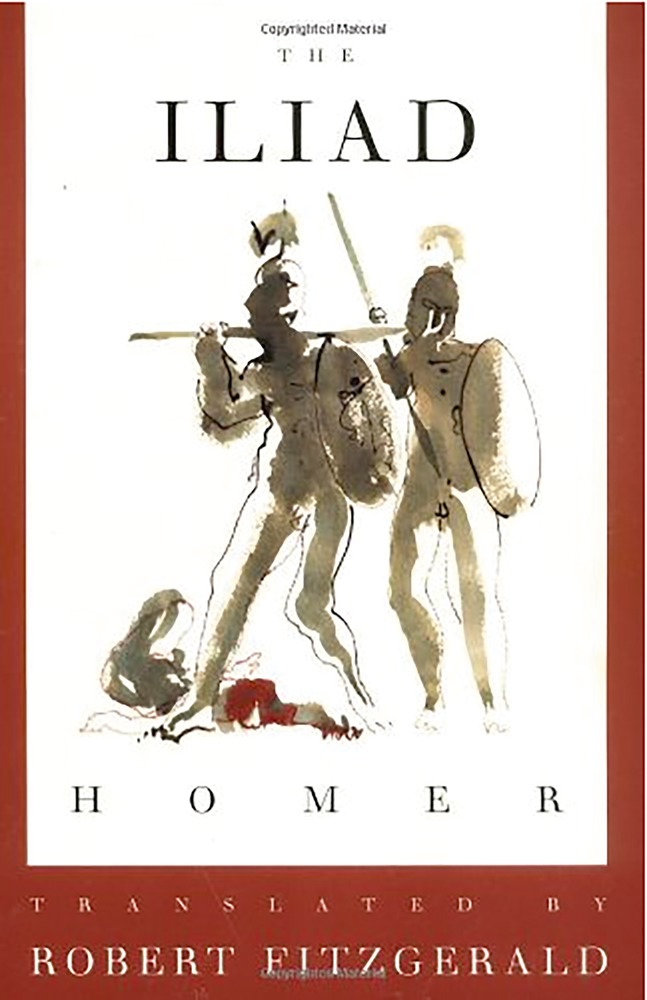
The Iliad Homer Macmillan
Iliad. Frontispiece of Homer's Iliad, translated by John Ogilby, 1660; engraving by Wenceslas Hollar. (more) Iliad, epic poem in 24 books traditionally attributed to the ancient Greek poet Homer. It takes the Trojan War as its subject, though the Greek warrior Achilles is its primary focus. For a discussion of the poetic techniques used by.
Here's Where You Can Buy a Real First Edition Copy of the 'Iliad
The outcome of Achilles' anger is the will of Zeus, but it also killed a huge number of Achaean soldiers. The story opens in the ninth year of war between Troy and the Achaeans, when a plague has swept over the Achaean army. A priest of Apollo named Chryses comes to the Achaeans to ransom back his daughter, whom the Achaeans had captured and.
/Popes_The_Iliad_of_Homer_books_I_VI_XXII_and_XXIV_1899_14784227342-439214a883a54bdbaad96c927da625bb.jpg)
The Iliad Book One by Homer Summary
The Iliad, Book I, Lines 1-15. Homer. RAGE: Sing, Goddess, Achilles' rage, Black and murderous, that cost the Greeks. Incalculable pain, pitched countless souls. Of heroes into Hades' dark, And left their bodies to rot as feasts. For dogs and birds, as Zeus' will was done.

The Iliad Kindle edition by Homer, Barry B. Powell, Ian Morris
The Odyssey: Sing in me, Muse, and through me tell the story. of that man skilled in all ways of contending, the wanderer, harried for years on end, after he plundered the stronghold. on the proud height of Troy. He saw the townlands. and learned the minds of many distant men, and weathered many bitter nights and days.

(2015) The Iliad audiobook by Homer A.R.N. Publications Audio books
feasts for the dogs and birds, and the will of Zeus was moving toward its end. Begin, Muse, when the two first broke and clashed, Agamemnon lord of men and brilliant Achilles. The first lines of an ancient epic poem typically offer a capsule summary of the subject the poem will treat, and the first lines of The Iliad conform to this pattern.

The Iliad Audiobook by Homer, read by Alfred Molina
| Summary of Iliad Book I | Main Characters | Notes | Iliad Study Guide Song of the Wrath of Achilles . In the very first line of the Iliad, the poet addresses the Muse, who inspires him with song, and asks her to sing (through him) the story of the wrath of the son of Peleus, aka Achilles.Achilles is angry with King Agamemnon for reasons shortly to be divulged, but first, the poet lays blame.

Iliad, The Resource Guide for PreAP* and AP* Applied Practice
Full Poem Summary. Nine years after the start of the Trojan War, the Greek ("Achaean") army sacks Chryse, a town allied with Troy. During the battle, the Achaeans capture a pair of beautiful maidens, Chryseis and Briseis. Agamemnon, the leader of the Achaean forces, takes Chryseis as his prize, and Achilles, the Achaeans' greatest warrior.